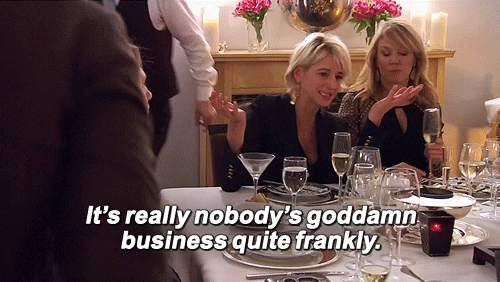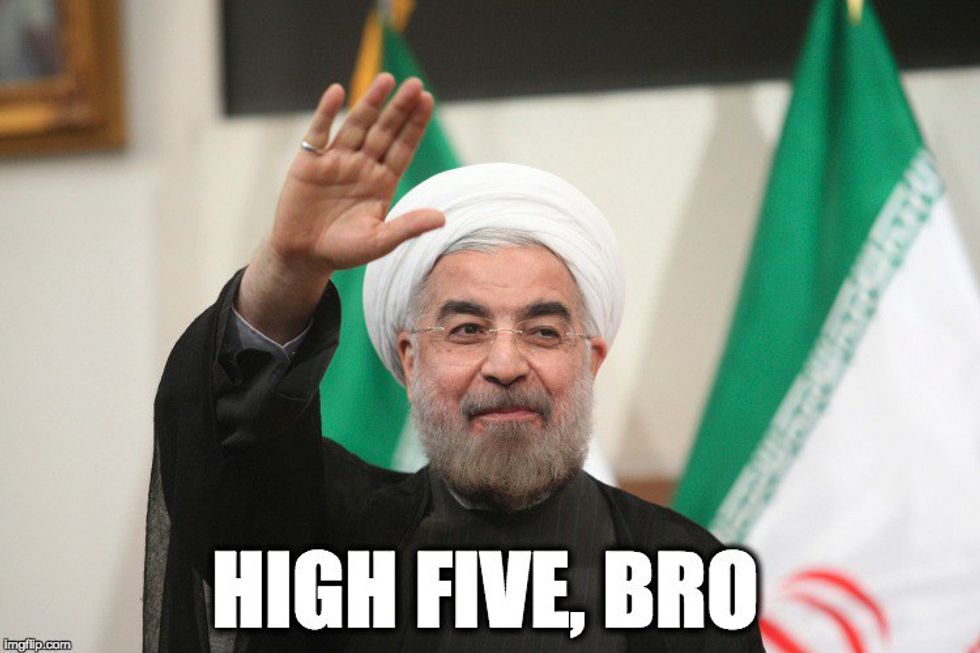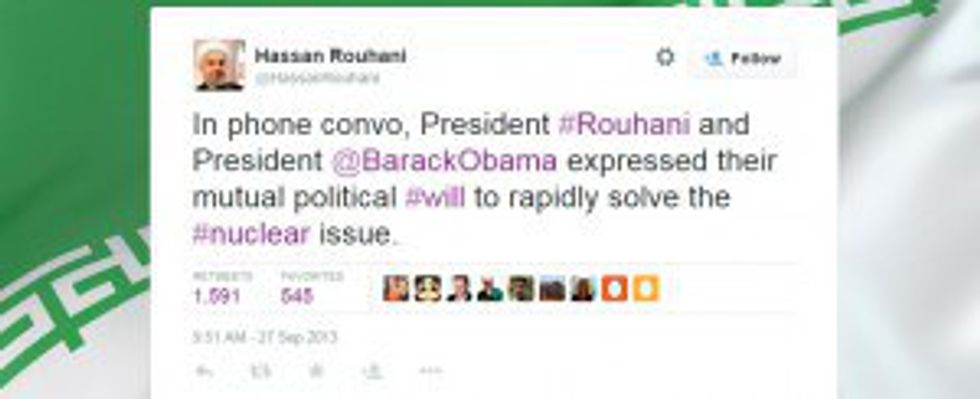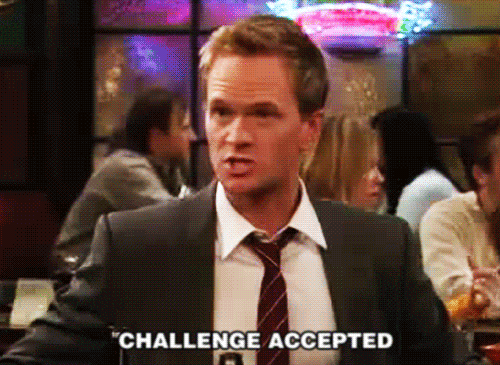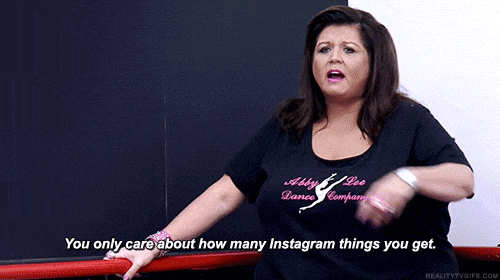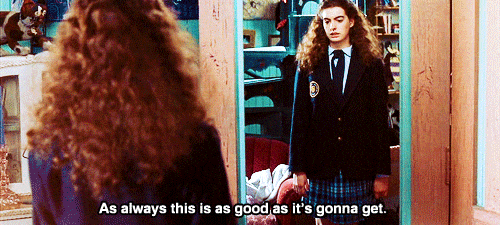So you probably have been hearing a lot about this Iranian Nuclear Deal — and if you haven’t, let’s hope you’re a counselor at a sleepaway camp with no service because it’s pretty embarrassing to miss this one. Through the ups and downs, the missed deadlines and false alarms, it seems the impossible has been achieved after over 20 months of negotiations.
Early morning on July 14, Iran and the P5+1 (a clique of the five members of the U.N. Security Council: China, France, Russia, the U.S. and the U.K., plus Germany) reached an agreement that effectively limits Iran’s ability to produce nuclear weapons, and in return, the P5+1 has acquiesced to lift its current economic sanctions on Iran, which have previously had a crippling effect on the nation’s economy.
So how did this all happen? Let’s start from the beginning.
U.S.-Iranian relations have never really been all buddy-buddy. Why? In 1979, the Iranian Revolution removed a pro-American leader and put in his place the Supreme Leader Ayatollah Khomeini. Ayatollah Khomeini (and his successor Ayatollah Khamenei) wasn't just anti-American — his feelings for the United States were so passionate, we have been given the super cute pet name “Great Satan.” Endearing, no?
To make things worse, in 1979, the Carter Administration agreed to treat the ousted shah’s cancer, simply adding to our satanic presence in the eyes of Iranian radicals and Khomeini. As punishment for treating the ousted shah, 52 American diplomats were held hostage at the American embassy in Tehran. This should be ringing a bell if you saw "Argo."
Throughout the 1980s, U.S.-Iranian relations only worsened: Sanctions were imposed on Iran, and multiple attacks were made on each other. Oh, and some high-up officials in the U.S. government sold weapons to Iran and illegally used the profits to aid the Contras in Nicaragua, fighting against the Sandinista communist revolution.
All of this baggage culminated in the early 2000s when potential Iranian involvement in politically and materially supporting radical terrorist groups surfaced. President George W. Bush infamously claimed Iran is part of an “axis of evil” along with Iraq and North Korea in his State of the Union address, infuriating Iranians.
First Russia, now the Middle East? The threat of a nuclear arms race.
This all brings us to the current issue of nuclear weapons. Just after people felt the thaw of the Cold War and fear of mutually assured destruction disintegrate, the threat of a nuclear arms race in the Middle East emerged. Since the early 2000s, Iran has been suspected of developing nuclear facilities. And after the 9/11, it’s hard not to be paranoid.
Since nuclear allegations were made, Iran has been under careful watch by the U.N. and other international organizations. Cue more sanctions and a failing economy. And if a thriving economy is the health determinant of country, Iran is nearly comatose. In an effort to restore economic prosperity and relations with the international community, in 2013, Iranian citizens elected current President Rouhani, who vowed to end the nuclear debacle and eliminate detrimental sanctions by rebuilding relations and the Iranian reputation.
Around the same time, newly elected President Obama said that he hoped to seek “a new way forward, based on mutual interest and mutual respect” with the Muslim world in his 2009 inauguration. Whether it is good timing or fate that brought the two leaders to power at the same time, we may never know. But both were crying out, "Why can’t we be friends?" Moving toward cooperation, in 2013, Iran and the United States had their first conversation after a 30-year silent treatment. The phone call underscored both leaders’ desire to “solve the #nuclear issue.”*
*Side note: If the Iranian president’s administration is using Twitter and hashtags correctly, it’s time you properly teach your mother. And inform her it’s not called a “pound sign” anymore…
And thus...
After 20 months of negotiations, challenge completed. Diplomacy with even the closest of allies can be difficult, so what were the terms that finalized the agreement? This video, originally posted on Vox, explains the terms pretty well.
Will it work? Some assembly required.
In order for the deal to even be considered effective or ineffective, it must first go through Congress. Right now, it is likely that Congress will ix-nay the deal, especially with New York Senator Chuck Schumer's recent announcement that he will vote against it. However, because the United States relies on a system you might have heard of — *cough* checks and balances *cough* — Pres. Obama will veto any legislation blocking the passage of the Iran Deal. And without a two-thirds majority to override his veto, there is little Congress will be able to do in the long run.
Now, the question of effectiveness is not really about whether the nuclear restrictions are technically strict. The question of effectiveness of the deal is based more on doubt that Iran will uphold their promises that they will not develop nuclear weapons. The whole "Death to America" mentality certainly does not make them the most trustworthy ally, and there are always questions of secret, hidden nuclear facilities that are not monitored. Searching for undocumented nuclear facilities could be like a game of hide-and-seek where the opponent has home field advantage.
One thing to keep in mind, though, is that the Iranian population is largely under the age of 35, according to Index Mundi. This means that the majority of Iranian citizens were born after the revolution in 1979 and have weaker ties to the extremists. The leaders and politicians who arose during and after the revolution are nearing their 70s and are falling out of power. With a large, vocal and, yes, social media-obsessed (just like you and me!) generation on the rise, Iranian leaders may have an obligation to listen to and establish relationships for those who crave connection to a more globalized world.
So should I support the deal?
As a 20-year-old college student who considers ramen gourmet and Netflix her boyfriend, I'm probably not qualified to preach whether the deal is worthy of a Facebook like or angry comment. There is too much uncertainty in the future to say for sure if this will be, as Israeli Prime Minister Benjamin Netanyahu said, "a historic mistake for the world." Those who share Netanyahu's qualms express fear that the money collected from sanction lifts will be used to fund terrorist groups. Even if Iran keeps its pinky promise, they argue, the current deal puts them in a better position to develop nuclear weapons in the future. Furthermore, many believe that Iran will cheat on the deal or turn their back on diplomatic agreements whenever they secure a stable economy.
In response, proponents argue that cheating would easily be caught by inspections officials, and the break out time — nothing to do with acne but rather the time it would take to create a nuclear weapon — has been extended to allow for the United States and its allies to formulate a response. Proponents also urge opponents to think of the alternatives: war, further sanctions or nothing. In the scope of choices, this could be the best of all bad options.
While the future of the deal remains hazy, one aspect I think we must all acknowledge and respect is that diplomacy and agreement can be reached even with our largest adversaries. Pres. Obama has been dedicated to creating diplomatic and friendly ties with countries we might disagree with in certain areas. Last month marked the first time in many of our lives (considering my target audience, ALL of our lives) that the U.S. and Cuban Embassies officially opened to each other. Maybe it is time each of us picks up the phone and calls our high school nemesis.




